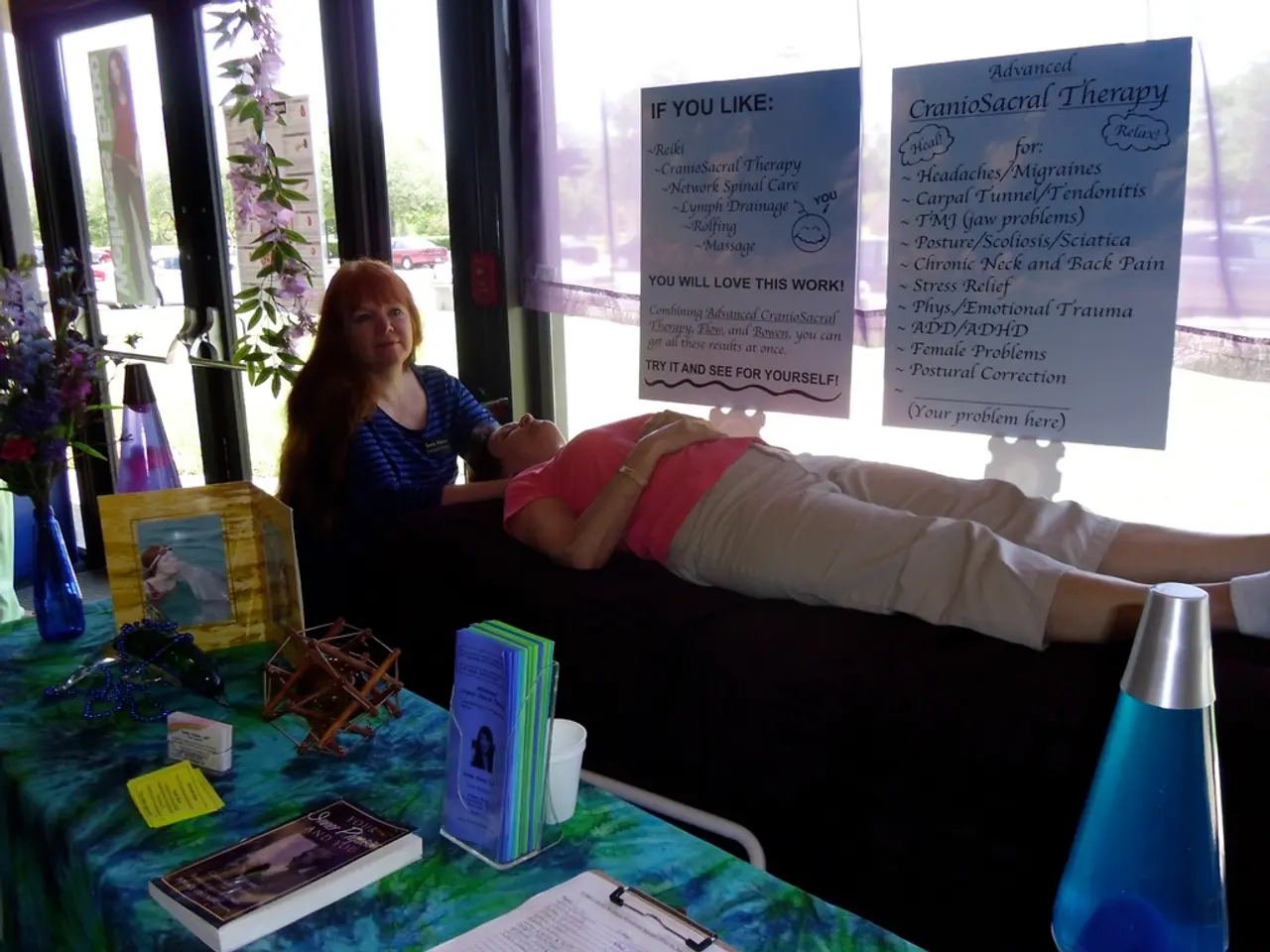The Influence of Disorderliness on Your Energy Levels (And the Implications for You)
In our daily lives, the environment we inhabit plays a significant role in shaping our emotions, energy levels, and overall well-being. A cluttered and disordered space, in particular, can have detrimental effects on these aspects, as research reveals.
Clutter and Mental Health
Cluttered spaces are strongly associated with increased stress, anxiety, and depression levels. The visual chaos overstimulates the brain, triggering the sympathetic nervous system and activating the fight-or-flight response, making it difficult to relax [1][2]. This constant stress can lead to chronic anxiety and negative emotions towards oneself [1].
Clutter and Energy Levels
Clutter causes cognitive overload, as the brain is forced to process excessive stimuli continuously. This mental fatigue results in lower motivation and energy availability for important activities [2]. Consequently, productivity decreases, and life satisfaction suffers.
Clutter and Overall Well-being
Studies have found that higher clutter levels reduce life satisfaction and contribute to unhealthy behaviors, such as poor diet and inactivity [1]. Clutter can also lead to strained relationships and financial stress, further undermining quality of life [1].
Shame and Social Impact
Embarrassment and shame caused by clutter often lead to social withdrawal and avoidance of guests, worsening emotional distress and creating a vicious cycle that prevents decluttering [2].
The Role of Clutter in Energy
Clutter impacts our energy in multiple ways. It can create "energy blocks" that add hiccups to one's day and alter their mood [4]. A cluttered environment can lead to mediocre energy levels due to the energy drawn from the environment [4].
The Case of Hoarding Disorder
In cases where clutter results from hoarding disorder—a recognized mental health condition—the impacts are more severe, involving significant emotional attachment to possessions and worsened daily functioning and safety [3][5].
The Impact of a Clean Environment
On the contrary, entering a day spa evokes feelings of serenity [6]. The sounds, decor, and smells contribute to immediate relaxation. The state of one's own spaces, particularly the home and bedroom, has a higher emotional impact due to the sense of ownership and responsibility [7].
Decluttering for Improved Well-being
When decluttering, it's important to eliminate energy blocks first to improve the smoothness of one's day [8]. Princeton University conducted a study showing that clutter in sight competes for the brain's resources [9].
In summary, clutter and disorder profoundly impair psychological health, reduce energy and cognitive capacity, and undermine overall well-being by creating a persistent stressful environment with negative emotional and social consequences. It is essential to maintain a clean and organised living space for optimal mental and physical health.
References:
- Neat is a Prerequisite for Mental Health. (2011, March 28). Psychology Today. Retrieved from https://www.psychologytoday.com/us/blog/the-science-happiness/201103/neat-is-prerequisite-mental-health
- Sapolsky, R. (2017). Behave: The Biology of Humans at Our Best and Worst. Penguin Books.
- Frost, R. O., & Steketee, G. (2014). The Compulsive Hoarder: An Innovative Cognitive-Behavioral Approach. Guilford Publications.
- Kross, E., Ayduk, O., Mischel, W., Smith, E. E., & Wager, T. D. (2009). Social rejection sensitivity predicts negative neural activation in response to ostracism-related stimuli. Proceedings of the National Academy of Sciences, 106(18), 7496–7501.
- Steketee, G., & Frost, R. O. (2016). The Oxford Handbook of Hoarding and Acquiring. Oxford University Press.
- The Psychology of Day Spas. (2021, February 2). Psychology Today. Retrieved from https://www.psychologytoday.com/us/blog/the-science-beauty/202102/the-psychology-day-spas
- The Psychology of Clutter and Disorder. (2021, February 2). Psychology Today. Retrieved from https://www.psychologytoday.com/us/blog/the-science-beauty/202102/the-psychology-clutter-and-disorder
- The Psychology of Decluttering. (2021, February 2). Psychology Today. Retrieved from https://www.psychologytoday.com/us/blog/the-science-beauty/202102/the-psychology-decluttering
- Princeton Neuroscience Institute. (2011, March 28). Cluttered spaces make you stressed. Princeton University. Retrieved from https://www.princeton.edu/main/news/archive/S22/13/0328/58894/
- To combat these negative effects, some individuals turn to decluttering as a means of improving their mental health and overall well-being.
- There are numerous blogs, courses, and books available that provide strategies for decluttering one's home and garden, promoting personal growth, education, and self-development.
- A well-organized and clean home can provide a sense of calm and tranquility, contributing to a healthier lifestyle that includes fitness-and-exercise, nutrition, and mental-health practices.
- Studies have demonstrated that a clutter-free environment can lead to increased productivity, better interpersonal relationships, and higher life satisfaction, ultimately promoting a positive lifestyle.
- In essence, maintaining a clutter-free environment can have far-reaching effects on one's emotional health, energy levels, cognitive capacity, and overall quality of life.
- A clean and organized living space is not merely a matter of aesthetics; it has been shown to serve as a foundation for a healthy and happy life.
- When embarking on thedecluttering process, it's essential to approach it with a holistic view, considering the decluttering of one's mind, habits, and routines as well.
- As part of a broader wellness strategy, decluttering can serve as a catalyst for a healthier and happier life, making room for meaningful relationships, engaging hobbies, and an enriching lifestyle.
- Ultimately, by addressing clutter and disorder in our homes and lives, we can create spaces that foster growth and positivity, promoting a happy, healthy, and fulfilling life.




